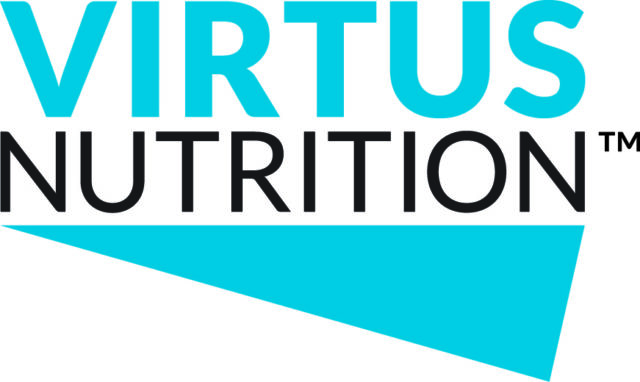But if the waiting is long enough, something else starts to happen. We go from “neutral” passing-time gear to “Hmmm, what could I do that might be productive?” gear. But even then, it’s a slow gear – probably first gear.
We don’t jump right into fourth gear. Slowly, we move ahead on whatever thinking or activity we deem productive – maybe penciling in possibilities for a new business flow or maybe sketching up plans for a new shop.
Then, thankfully, that baler part shows up, and we’re back to baling hay. But at some point, maybe today and maybe tomorrow, we’re back to waiting again … for the dew to hit the windrow, the refueling truck to show up or the bale wrap delivery, or whatever.
We go through the same process of checking the phone and some apps, but then we hit the second phase of productive activity. We expand the business plan and explore another facet of it or start on the shelving of the shop floor plan. We’re in second gear this time instead of first gear.
Lather, rinse, repeat. Another day, another cycle, and we’re in third gear now.
And then comes that day we’re in the same wait-then-productive mode when pow, we hit full speed. We take our beautiful plan of this complex shop layout that – hold the horses – actually looks like brilliant engineering to our spouse. And they reaffirm what we knew all along … we’re just gifted that way, and it’s about time they recognized our genius.
Except it isn’t genius, and we aren’t gifted. We’re simply the product of myelination (according to The Talent Code by Daniel Coyle). Myelin is a really unexciting product in your brain – sort of an insulator. The work of myelination (or wrapping neuron firings in myelin) is equally unexciting.
It would be something like digging tile drainage in your alfalfa field with a dentist’s scraper tool – it’s just that slow. Myelin, however, makes the firing in your brain happen quicker each time you repeat an action or thought. It’s so subtle and slow that no one pays much attention to it.
Until now. Now researchers are suggesting “geniuses” aren’t born with superior genetics or conducive environments or even the combination of both. An Albert Einstein wasn’t born with any more genius than you or me. A Tiger Woods or Michael Jordan wasn’t born with any more talent than you or me.
However, they built myelin pathways through deep practice – one equation, one experiment, one chip shot, one jump shot at a time. And deep practice is a fitful stop-start process of trying, failing, stopping, studying the issue, correcting mistakes, studying better ways and fixing failures.
You know what this means, right? If this is true, your brain and my brain have every capability any other brain has. No one is more gifted or more talented. What matters is “deep practice.”
Here’s proof. Blaine Nofziger was baling at 3 a.m. with his kids one night in Oregon and had several mis-ties on the big baler. As he was outside fixing the baler, his 10-year-old daughter, Cambria, spent her waiting time writing a poem about their misfortune.
Knotter 2 Failure
Knotter 2 failure,
Its screen beepin’ at me.
Dad is trying to fix it,
But the beepin’ is driving me crazy.
Knotter 1 failure,
Eighth time in a row.
Sittin’ in the driver’s seat,
But we’re stopped and can’t go.
Knotter 3 failure,
Broke once again.
There’s dew in the air,
And someone’s shear bolt breaks again.
We bale after the sun goes down,
Tying bales and dropping them.
Breaking bales and re-baling them,
We bale after the sun goes down.
—Cambria Nofziger
I think you would agree with me this is certainly not the first time Cambria has picked up her pen to write a poem. There’s no way she could have been an overnight literary genius. She, however, has definitely built up some poem-building myelin.
Now when Cambria is a famous poet someday, just remember: You heard it here first. And we told you she’d get there someday. Because we’re gifted like that. ![]()

-
Lynn Jaynes
- Editor
- Progressive Dairyman
- Email Lynn Jaynes










